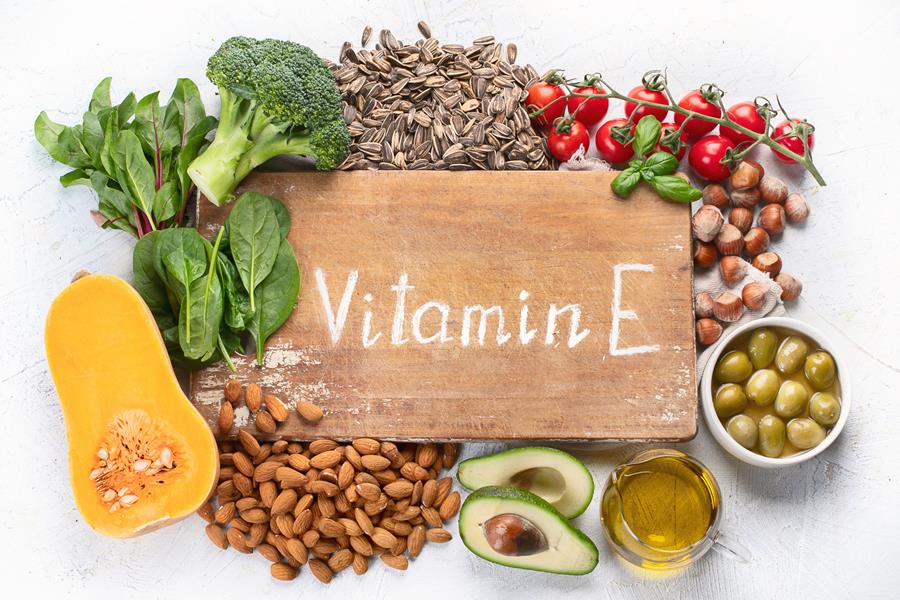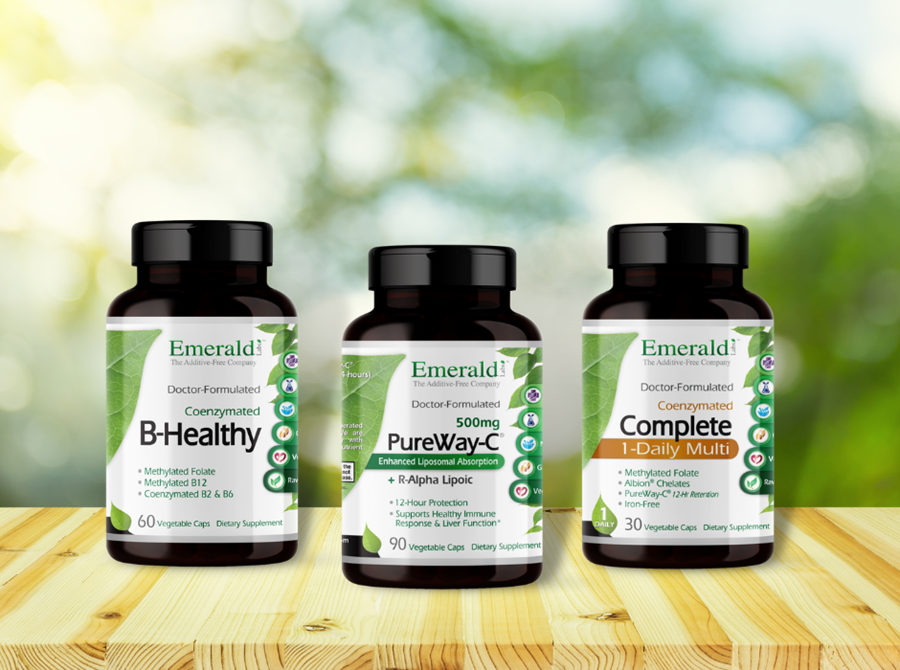
During the hot summer months, it is so important to make sure you’re drinking plenty of water, and it’s equally important to make sure you’re getting enough essential vitamins.
According to a study conducted on 224 heat-exposed men, it was discovered that our bodies tend to excrete large amounts of sweat containing water-soluble vitamins and minerals which affects micronutrient levels in vivo and increases the vitamin and mineral requirements.*†
In a nutshell, anyone exposed to high temperatures should take extra precautions to make sure you’re getting the proper nutrition.
The following vitamins are essential for the summer heat:
Vitamin C
Also known as ascorbic acid, this vitamin is water soluble and therefore easily excreted through sweat. Vitamin C is a powerful antioxidant that helps to protect cells from damage caused by free radicals. It also helps to boost the immune system and promote collagen production.*
This antioxidant inhibits the inflammatory response, reduces oxidative stress and enhances endothelial function through effects on nitric oxide (NO) production. Numerous oxidative and inflammatory mechanisms appear to be involved in the pathogenesis of high BP.*†
Inflammation, oxidative stress, and endothelial function are all associated with hypertension. A randomized trial showed that vitamin C supplementation significantly reduced levels of F2-isoprostane, an oxidative stress biomarker.*†
Vitamin E
This vitamin is fat-soluble and therefore stored in the body’s fatty tissues. It is a powerful antioxidant that helps to protect cells from damage caused by free radicals. It also helps to promote circulation and maintain healthy skin.*†
In addition to taking the above vitamins, it’s also important to make sure you’re getting enough exercise and staying in the shade as much as possible. And of course, drink plenty of water!*
B Vitamins
B vitamins are not stored in the body and must be replaced every day.*†
They are essential for the summer heat as they help to convert food into energy. B vitamins are water-soluble and therefore easily excreted through sweat. They help to promote circulation, maintain a healthy nervous system, and support the immune system.*
Some good sources of vitamin B include:
- Organ meats such as liver and kidney*†
- Fish such as salmon and tuna*†
- Green leafy vegetables such as spinach and kale*†
- Cereal grains*†
- Legumes*†
The B vitamin family includes thiamine, riboflavin, niacin, pantothenic acid, biotin, vitamin B-12, and folic acid which work together to help the body convert food into energy, aids in red blood cell production, and helps nervous system function.*
Vitamin A
This vitamin is essential for the summer heat as it helps to protect the skin from damage caused by UV rays.*
It also stimulates the production and activity of white blood cells, takes part in remodeling bone, helps maintain healthy endothelial cells (those lining the body’s interior surfaces), and regulates cell growth and division such as needed for reproduction.*†
Some good sources of vitamin A include:
- Kale
- Kiwifruit
- Squash
- Strawberries
- Carrots
Vitamin A is known to help support a healthy immune system, is important for vision health, and helps maintain healthy skin.
Use the code below to SAVE 15% on our Summer Essential formulas.
Enter Code "HEAT" in the order summary section at checkout to SAVE 15% on Summer Essential formulas.
Formulated by Dr. Mark Stengler NMD.
Known as America’s Natural Doctor to his patients, readers and audiences across North America, Mark Stengler is a licensed naturopathic medical doctor. His passion is to combine the best of conventional and natural medicine to achieve optimized health for his patients. Dr. Stengler has personally formulated each of the Emerald Labs Additive-Free products according to the high standards of his health practice. Read more about Dr. Stengler…
*These statements have not been evaluated by the Food and Drug Administration. This product is not intended to diagnose, treat, cure or prevent disease. CONSULT YOUR PHYSICIAN OR OTHER QUALIFIED HEALTH CARE PROVIDER FOR ADVICE REGARDING ANY MEDICAL CONDITION. DO NOT ATTEMPT TO SELF-DIAGNOSE OR TREAT ANY MEDICAL CONDITION.
†Selected References












